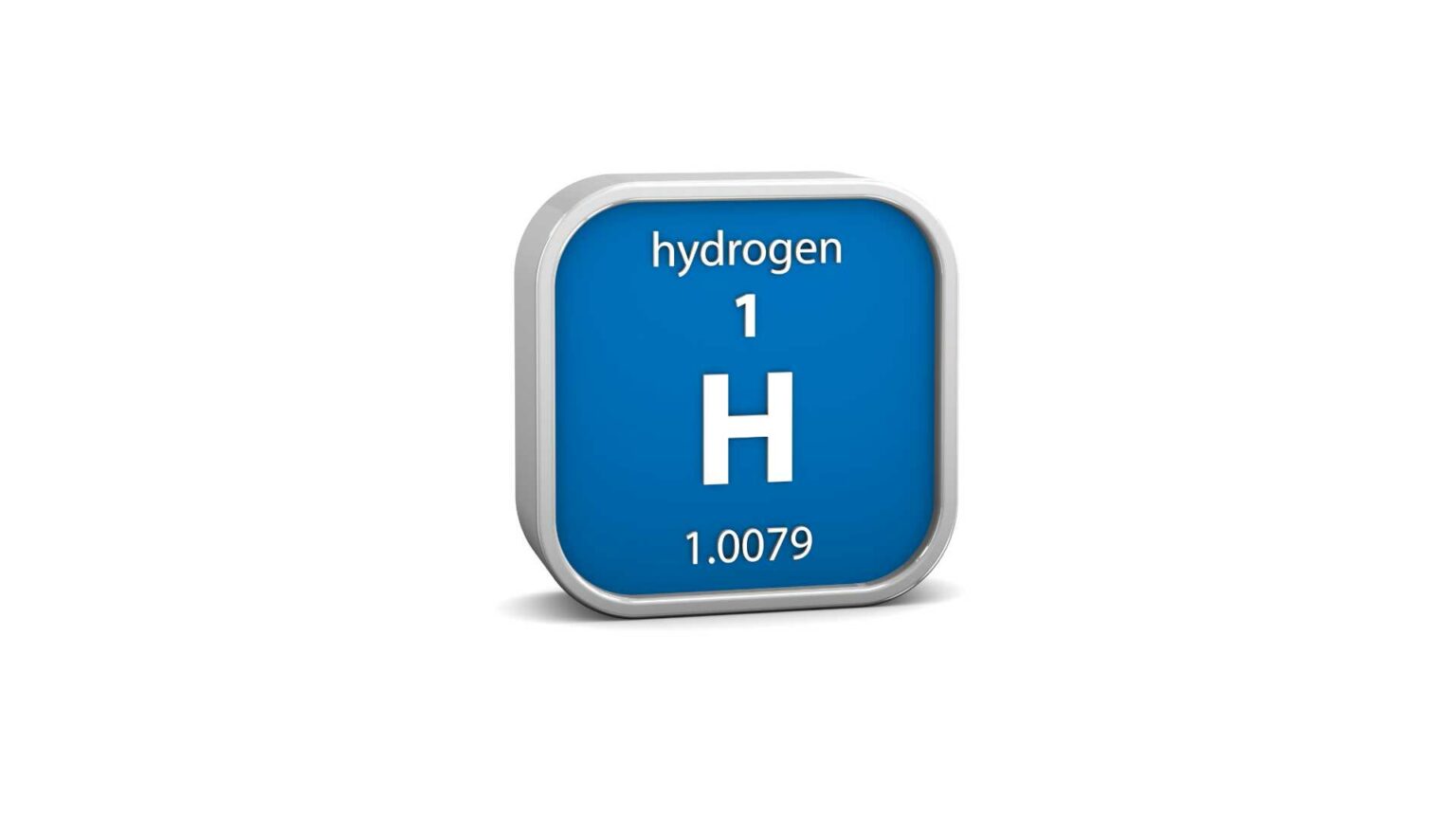The Iraqi Minister of Oil, Hayan Abdul-Ghani, announced plans to establish a green hydrogen project for the South Refineries Company, alongside a solar energy plant.
Revealed during the ninth Iraq International Energy Exhibition and Conference (IEE), these initiatives underscore Iraq’s commitment to diversifying its energy portfolio and reducing its carbon footprint.
The proposed green hydrogen project aims to produce 800 tons annually, leveraging solar energy for electrolysis—a process that splits water molecules into hydrogen and oxygen. By harnessing renewable energy sources like solar and wind power, Iraq seeks to capitalize on its abundant natural resources to drive sustainable development.
Abdul-Ghani highlighted the government’s proactive steps in launching the first tender for carbon conservation projects, targeting the reduction of gas flaring in Baghdad’s eastern field—a critical endeavor in mitigating environmental pollution and maximizing energy efficiency.
Furthermore, Iraq is poised to enact legislation to facilitate the transition towards renewable energy, with a draft law focused on establishing an administrative body dedicated to overseeing renewable energy initiatives. This regulatory framework is expected to streamline operations and accelerate the adoption of clean energy technologies across the country.
Iraq’s vast solar energy potential, coupled with its windy regions, presents favorable conditions for the development of wind energy projects. These renewable energy sources hold the key to unlocking Iraq’s green hydrogen production capacity, paving the way for a more sustainable energy future.
As Iraq endeavors to reduce its reliance on fossil fuels and embrace renewable energy alternatives, the establishment of green hydrogen projects signifies a paradigm shift towards environmental stewardship and energy independence. By harnessing the power of green hydrogen, Iraq can position itself as a regional leader in sustainable energy innovation, driving economic growth and environmental conservation in the process.
However, challenges such as infrastructure development, technology implementation, and regulatory frameworks must be addressed to realize the full potential of Iraq’s renewable energy ambitions. Nonetheless, with strategic planning, international collaboration, and concerted efforts, Iraq’s journey towards a low-carbon economy powered by green hydrogen holds immense promise for the nation’s sustainable development trajectory.





